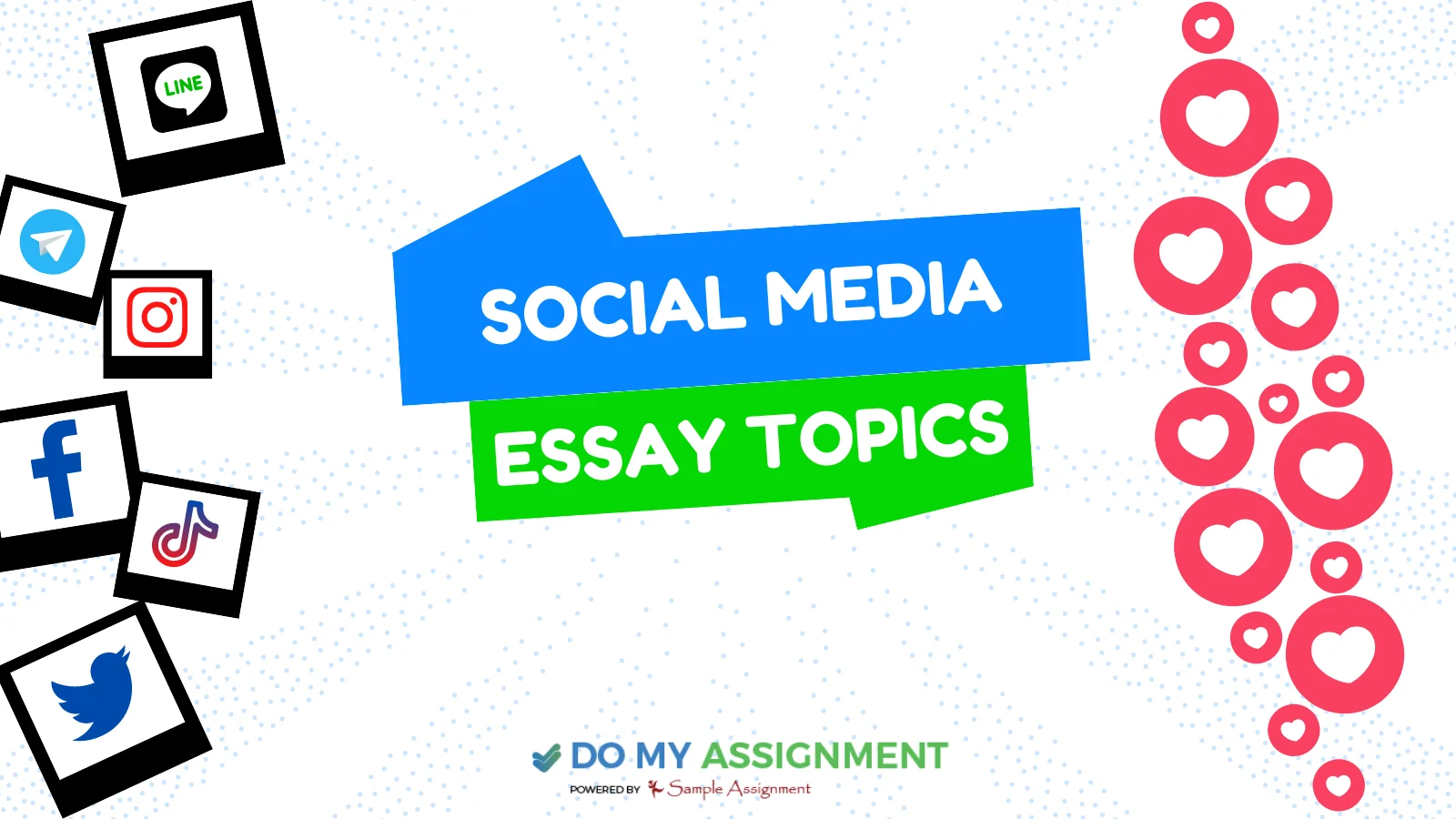AI-Powered Breakthroughs In Medical Science: The Growing Role Of AI In Healthcare

Highlights
 What’s New In Medical Science Today?
What’s New In Medical Science Today? How Is AI Changing The Way Doctors Work In Medical Science?
How Is AI Changing The Way Doctors Work In Medical Science? Meet The AI Stethoscope– A Game Changer For Heart Health
Meet The AI Stethoscope– A Game Changer For Heart Health Can AI Really Help During a Stroke?
Can AI Really Help During a Stroke? Why Is Everyone Talking About AI In Medical Science?
Why Is Everyone Talking About AI In Medical Science? Are There Any Downsides To AI In Medical Science?
Are There Any Downsides To AI In Medical Science? What Is Next For AI In Medical Science?
What Is Next For AI In Medical Science? Final Thoughts
Final Thoughts Frequently Asked Questions About AI in Medical Science
Frequently Asked Questions About AI in Medical Science
Artificial intelligence (AI) has grown rapidly over the past decade. The rate at which AI and machine learning have evolved is considered to be one of the fastest technological advances in human history. While AI has grown to encompass multiple fields as of late, the most significant advancements have clearly been made in medical science. The growth of AI in medicine can be hailed as one of the greatest technological leaps for mankind, as it will drastically enhance the quality of human life. Nevertheless, despite the advances, there are some concerns that persist. In this blog, we will learn about the growth of artificial intelligence in medical science and the future of medical science with AI. Let us dive into the very real possibility of optimizing human life and healthcare to the utmost via artificial intelligence.
What’s New In Medical Science Today?
Interestingly, some of the most fascinating developments in modern medical science have not happened in a lab but on a computer screen. In today’s age, the most revolutionary advancements in medical science have happened thanks to AI. One of the most significant developments is undoubtedly AI’s ability to diagnose neurodegenerative disorders like Parkinson’s and Alzheimer’s. While AI diagnostics in medicine is not a new thing, it has only recently become commonplace.
Also notable is the fact that AI has evolved beyond diagnostics and has even helped with the development of drugs and medicines. The speed at which the mRNA vaccines were developed was a result of AI advancements in medical science. Perhaps the most accessible form of AI’s contribution to medical science would be its ability to provide personalized healthcare plans. AI can collect data from wearable devices, your family’s genetic information, and health records to draft a comprehensive care plan best suited for you.
How Is AI Changing The Way Doctors Work In Medical Science?
The role of AI and machine learning in medical science has evolved to the point that doctors have adjusted their work patterns to incorporate AI in innovative ways. AI is not being used to replace human doctors but to supplement them in medical care. Here are some of the ways AI has changed how doctors work in the 21st century.
Enhancing Diagnostics and Clinical Decisions
AI can process vast amounts of data in an instant. This allows doctors to make faster diagnoses and provide help to patients as fast as they can.
Automating Administrative Burdens
Doctors usually end up spending too much time on administrative tasks. However, thanks to the latest advancements regarding AI in healthcare, doctors can leave such tasks to an automated AI assistant. This will enable doctors to focus more efficiently on the patient’s needs.
Powering Personalized Treatment Plans
Processing data and prescribing personalized treatment is a much lengthier process for humans than it is for AI. AI tools can easily process vast amounts of data in seconds to generate a healthcare plan that is best suited to you.
Accelerating Research and Knowledge
Lastly, AI tools can help doctors stay up-to-date with the latest medical advancements. Not only that, AI is also a valuable research tool that can help further new developments in medicine and improve the existing healthcare technology innovations.
Meet The AI Stethoscope– A Game Changer For Heart Health
The stethoscope is easily the most recognizable instrument associated with healthcare, but even that has evolved with time. If you haven’t heard about it already, there is a new technology called the AI stethoscope. It is one of the most discussed healthcare technology innovations as of late and has emerged as a possible candidate for taking over the actual stethoscope.
It looks and feels the same as a normal stethoscope does, but it has one key difference. AI stethoscopes are powered with highly advanced sensors and algorithms.
You can safely say that AI stethoscopes are at the forefront of the rise of AI diagnostics in medicine. It has been proven that AI stethoscopes can detect heart conditions such as atrial fibrillation and valvular heart disease in less than 15 seconds. Also, AI stethoscopes provide an accurate measure of someone’s heart condition rather than relying on the doctor’s intuition.
Can AI Really Help During a Stroke?
The help provided by AI in stroke recovery is also one of the many wonders of modern medical science. While trying to remedy a stroke, every single second is valuable. This is why the new AI-powered software used in leading hospitals like Mayo Clinic and Valley Health has been developed to identify a stroke within seconds. Think about this: recognizing a stroke takes about 25 to 30 minutes for a human technician; now it happens instantly.
Think about this: nearly 6.5 million people die as a result of stroke each year. Most of the time, it happens because of late diagnosis. Now, that will soon become a thing of the past. The role of AI in stroke recovery is easily the most life-saving change that has been made as of late. It will not only help detect strokes earlier, but it will also help those affected by stroke recover healthily.
Why Is Everyone Talking About AI In Medical Science?
The reason everyone has been talking about the role of artificial intelligence in medical science is that it is very likely the greatest medical revolution since the invention of penicillin. The new technology isn’t developed to replace human doctors and healthcare professionals, but more so to make their work easier. The speed at which AI diagnostics in medicine works is astounding. It is commonly said that faster diagnostics is equivalent to faster and more efficient recovery. That is exactly what these new healthcare technology innovations have been trying to achieve.
You must have also noted that healthcare in Australia has gotten significantly more expensive over time. This is mostly due to the high costs of medical treatment that hospitals themselves incur. However, not only is AI faster, but it is also more cost-effective. This will reduce the costs incurred by the hospitals and, consequently, also reduce the costs borne by patients.
Are There Any Downsides To AI In Medical Science?
While it may seem like AI-powered healthcare devices are the future and that AI will revolutionize medicine in only positive ways, there have been some concerns. There has also been a rise in nursing assignments that debate the ethics of using AI in healthcare. If you need any kind of nursing assignment help in Australia, feel free to contact us anytime. Here are some of the key concerns people have voiced regarding the role of AI in medical science.
Algorithmic Bias
AI systems are only as good as the model that has been used to train them. This, of course, can lead to the AI software giving unreliable or misleading results. Blindly following these results can very reasonably lead to severe health complications.
Data Security Risks
AI stores information really well, so well that it has actually become concerning. The patient’s privacy is considered paramount in the medical profession, but AI can very likely put a patient’s information at risk.
Lack of Clear Accountability
Usually, when doctors make a mistake, the accountability lies with them; the same can’t be said about AI. It is difficult, if not impossible, to lay blame on AI, as it has no moral agency of its own.
What Is Next For AI In Medical Science?
As of now, AI in medical science is being used to provide faster and more precise diagnoses to patients; however, its scope is gradually evolving. The latest developments in AI medical sciences are focusing on preventive and proactive healthcare. This means AI will be able to predict health risks years before they even have the chance to arise. AI is also being developed to create a digital twin of the patient, who will serve as a model to allow AI to explore a patient’s body more carefully and suggest the appropriate treatment.
Final Thoughts
In conclusion, it can be said that AI has progressed rapidly in recent years, and it doesn’t look like AI innovations in medicine will stop anytime soon. The future of medical science with AI looks bright, and we can only imagine that it will continue to get better. All we can do is be grateful that modern medicine has evolved to such a degree that we can live a much better life than our ancestors did even a century ago. If you want to know more about AI advancements in medical science or need help with your nursing assignment, feel free to contact us at Do My Assignment anytime.
Frequently Asked Questions About AI in Medical Science
How is AI improving the speed and accuracy of medical diagnosis?
Technologies such as CT scans, MRIs, and X-rays have been drastically improved thanks to AI in recent years. AI innovations in medicine have enabled diagnostics to work faster and more precisely. What would normally take a human technician several minutes, AI can instantly process the patient’s data and medical records to provide a swift diagnosis.
Is AI helping to create new medicines and accelerate drug recovery?
Yes, of course. The role of AI in medicine goes far beyond just diagnosing diseases, but also includes the development of drugs and accelerating their operations. It does so by analyzing millions of chemical compounds and vast databases of genomic data to identify potential new drug candidates in a fraction of the time.
What are the ethical concerns surrounding the use of AI in medical science?
Some of the key ethical concerns surrounding the role of AI in medical science deal with the concepts of AI bias, patient privacy, data security, and medical accountability. Several experts feel that using AI diagnostics in medicine can infringe on the privacy and confidentiality of the patient. Other concerns are related to the fact that using AI will not implicate the doctors or medical professionals in case the patient’s life is lost.
Will AI replace doctors and nurses in the future?
While AI has been growing with tremendous speed in medical science, it is highly unlikely to replace doctors and nurses in the future. The consensus among experts is that AI in medicine can serve as a powerful augmented intelligence tool. It can help in diagnosis, automation of administrative operations, etc., but it does not take over the doctor’s responsibilities.
How has AI been used to create personalized healthcare plans for patients?
AI has been used to provide personalized care to patients in recent times. By assessing their medical information and previous reports, AI can draft a medical plan that is the most suitable for a particular patient.
Nick Johnson
Nick is a multi-faceted individual with diverse interests. I love teaching young students through coaching or writing who always gathered praise for a sharp calculative mind. I own a positive outlook towards life and also give motivational speeches for young kids and college students.







